New COVID Vaccines (Fall 2024)
The FDA (Food and Drug Administration) recently approved an updated COVID vaccine for administration this fall and the CDC (Centers for Disease Control and Prevention) is recommending it for everyone six months of age and older. The new Moderna, Pfizer, and Novovax formulations include the JN.1 lineage with a concentration on the KP.2 strain, similar to the most recent circulating variants of the COVID virus. This means these updated vaccines should offer a strong defense against serious infection, hospitalization, and death from COVID.
Like with previous COVID vaccines, it may take up to two weeks from the time of vaccination until the patient develops protective antibodies. These peak about a month after vaccine administration, and immunity begins to wane after about three months. This time frame is similar to previous COVID immunizations and to COVID infections.
COVID has, thankfully, become less lethal than it was in 2020 as the virus has mutated. It remains quite contagious, however, and in certain populations (specifically those under six months of age, those over 75 years of age, and those with certain underlying diseases), it persists as a menacing health threat. Even for patients who are not considered high risk, COVID statistics consistently demonstrate that this virus is more deadly than contracting seasonal influenza.
Last year, only 22.5% of adults and 14% of children opted for COVID vaccination with the monovalent vaccines. Like the annual Flu vaccine, the ACIP (American Council for Immunization Practices) has made a universal recommendation that anyone who can get vaccinated against COVID should do so to protect themselves and those around them.
For additional information and resources, visit our COVID-19 Resource Center.
Written by Dr. Carly Wilbur, UH Pediatrician and psi Medical Director.



